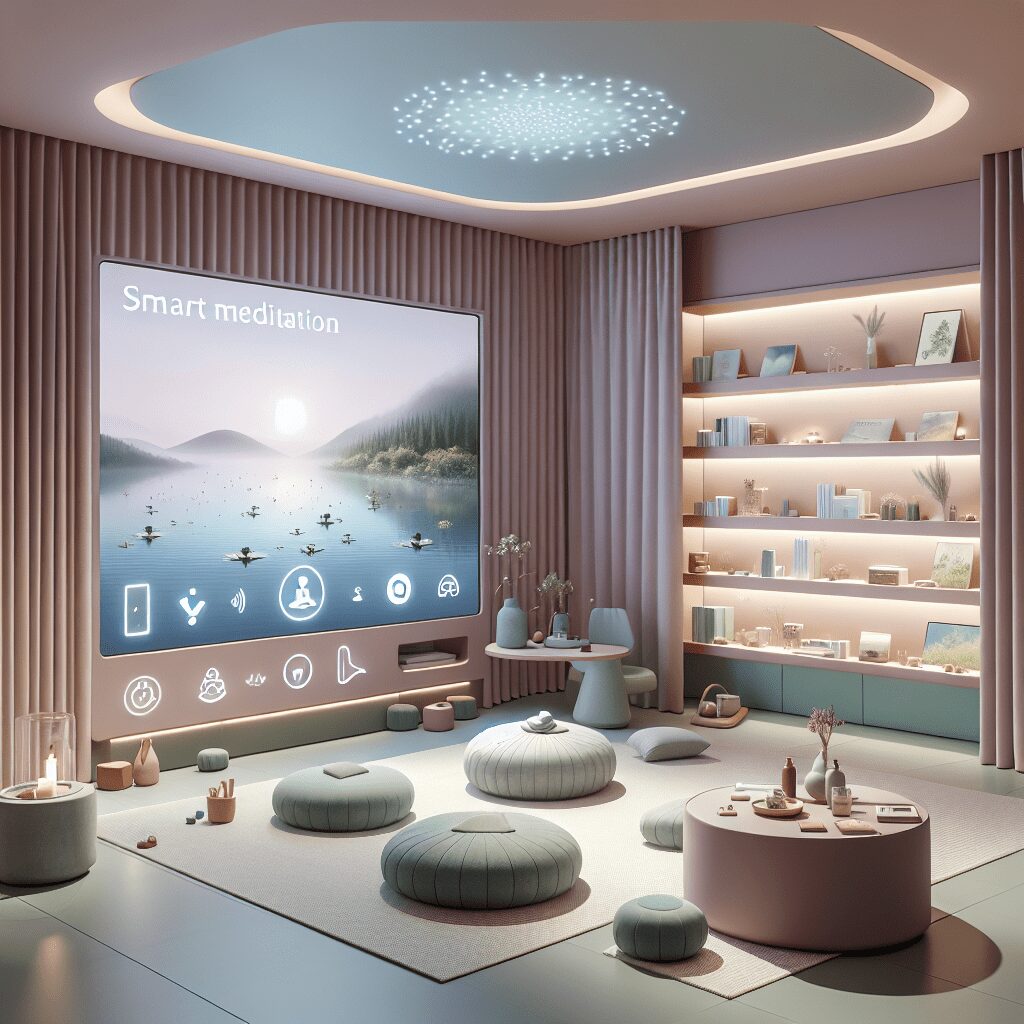
Prioritize your mental well-being daily. Enhance your life by nurturing your mental health with the Smart Meditation app. Break free from stress, alleviate anxiety, and enhance your sleep quality starting today.
Will Antidepressants Help Me Stop Drinking?
Embarking on a Journey Away from Alcohol: The Role of Antidepressants
In the quest to curb drinking, many folks find themselves pondering, “Will antidepressants help me give up the booze?” It’s a legit question, especially when you’re trying to dodge every temptation and keep your spirits high—no pun intended. So, let’s dive deep into this topic and sift through the facts to shed some light on whether antidepressants could be your ally in battling alcohol dependence.
The Link Between Depression and Alcohol Use
First things first, it’s crucial to understand the chicken-or-the-egg scenario that often presents itself with depression and alcohol use. For some, the journey into the depths of drinking begins as an attempt to self-soothe the symptoms of depression. For others, the road to depression is paved with empty bottles. Thus, addressing the underlying issues is paramount.
Antidepressants can be game-changers for individuals grappling with depression. These meds work by tweaking the chemical messengers in your brain, namely neurotransmitters like serotonin and norepinephrine, helping to improve mood and reduce symptoms of depression. But here’s the million-dollar question: Can they also put a stop to your drinking habits?
Antidepressants and Alcohol Dependence: What’s the Scoop?
Hold your horses before you see antidepressants as a silver bullet. The effectiveness of antidepressants in reducing alcohol consumption varies. Here’s the lowdown:
-
SSRIs (Selective Serotonin Reuptake Inhibitors): Drugs like sertraline (Zoloft) and fluoxetine (Prozac) fall into this camp. They’re often prescribed due to their lower side-effect profile. While they’re champs at tackling depression, their record on curbing alcohol consumption is mixed. Some individuals report reduced cravings, while others see no change.
-
Naltrexone: Though not an antidepressant, it’s worth mentioning. Naltrexone targets the brain’s reward system, making drinking less pleasurable and thus can reduce booze consumption. It’s like telling your brain, “Hey, this isn’t as fun as you thought!”
-
Dual-Action Antidepressants: Medications like duloxetine (Cymbalta) that act on both serotonin and norepinephrine might offer a glimmer of hope. They can address depression and have shown potential in reducing alcohol intake in some folks.
Making the Right Move
Before you consider antidepressants as part of your “quit drinking” toolkit, take these steps:
-
Consult a Healthcare Professional: This can’t be stressed enough. Jumping into any medication without professional advice is like navigating a maze blindfolded.
-
Comprehensive Evaluation: Ensure you’re thoroughly assessed for depression and alcohol use disorder. A tailored treatment plan beats a one-size-fits-all approach any day.
-
Consider the Big Picture: Medication might be part of the solution, but it’s seldom the whole picture. Counseling, support groups, and lifestyle changes are integral pieces of the sobriety puzzle.
-
Monitor and Adjust: Be patient and keep the lines of communication open with your healthcare provider to fine-tune your treatment plan.
Wrapping It Up
So, will antidepressants help you put a cork in it? The answer isn’t straight from the bottle. While they can offer substantial relief for depression and might indirectly influence your drinking habits, they’re not a standalone cure for alcohol dependence. The road to sobriety is personal and multifaceted, requiring a cocktail of treatments tailored to your unique needs. But with the right support and strategies, you can navigate the journey toward a healthier, alcohol-free lifestyle.




